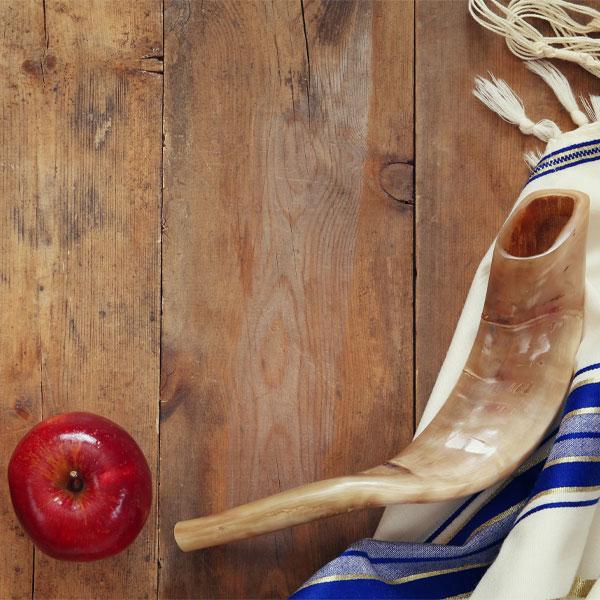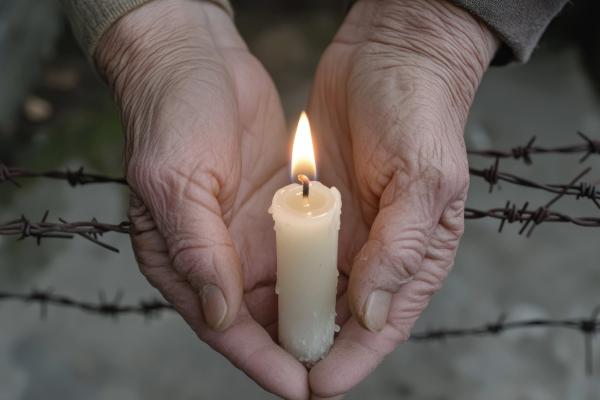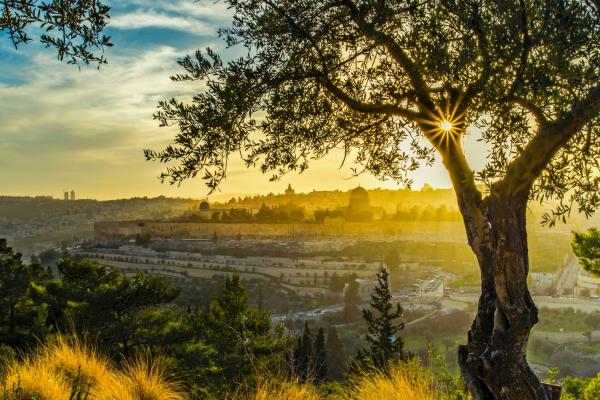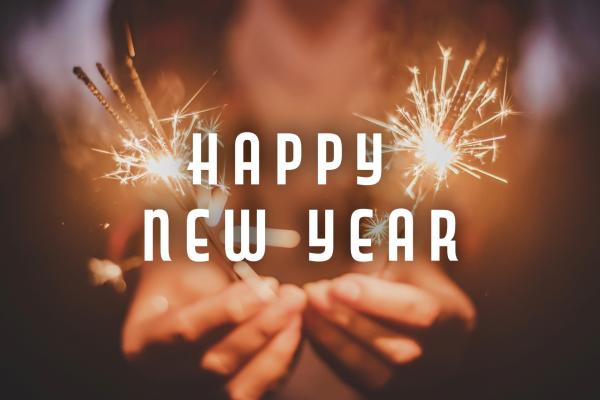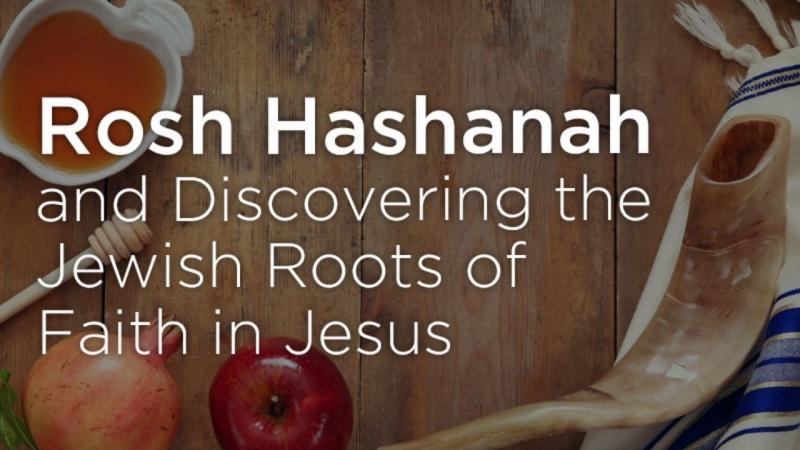
For those curious about the Jewish roots of faith in Jesus, the biblical Feasts of Israel are an excellent place to start. What do we mean by Jewish roots? The Bible, from Genesis to Revelation, is one cohesive message from God to mankind. The history of Israel and God’s relationship with her is relevant for all Believers, whether we’re Jewish or Gentile, because the New Testament builds upon the established foundation of the Old.
Jesus’ life, death and resurrection are loaded with mirrored reflections of God’s interactions with Israel and the Feasts He called her to observe. Discovering these Jewish roots of the New Testament instills in us deeper awe of God’s intricate redemption plan.
Right now, we are approaching the Jewish holiday of Rosh Hashanah, the Jewish New Year. For the last several weeks, Jewish people the world over have engaged in a season of reflection and repentance leading up to Rosh Hashanah, which means “head of the year” in Hebrew. The holiday is based on the Jewish teaching that God created the world on the first day of the Hebrew month of Tishrei. Because of this, the Jewish calendar turns over on Tishrei 1 to mark the beginning of a new year. Years are tabulated from the beginning of Creation, so, at sunset on September 18, 2020, we enter the Jewish year 5781.
Rosh Hashanah begins the High Holy Days of the Jewish Fall Feasts and is tied closely to Yom Kippur, which follows ten days later. Jewish teaching holds that on Rosh Hashanah, God pronounces His plans for each person’s coming year, and on Yom Kippur, the Day of Atonement, He seals it. The month of Elul preceding Rosh Hashanah is spent examining one’s life, making amends and seeking God’s forgiveness and favor for a good year ahead. The focus intensifies at Rosh Hashanah and through the Days of Awe between the New Year and Yom Kippur.
Jewish people celebrate Rosh Hashanah on the same day as the biblical Feast of Trumpets, called Yom Teruah, which means “day of blowing” in Hebrew. The two are celebrated together with synagogue services focused on prayers for good standing with God for the new year along with a day of rest and blowing the shofar as commanded for the Feast of Trumpets (Leviticus 23:23–24). Services include special prayers, blessings and 100 shofar blasts. Apples dipped in honey are a traditional holiday treat, symbolizing the hope of a pleasant new year.
Celebrating the Jewish Feasts connects us to the Jewish roots of our faith in Jesus in a significant way. As Believers, we recognize that by Yeshua’s sacrificial gift on our behalf and through our faith in Him (Ephesians 2:8), God has sealed us forever with the gift of the Holy Spirit. We are guaranteed God’s favor for eternity (2 Corinthians 1:22, Ephesians 4:30).
Understanding our Jewish roots of faith reveals another one of God’s marvels. He commanded that Israel observe His holy appointed times as a vital practice of their faith in Him. He also placed within each of these holy times a prophetic picture of what He would do in the future as His redemptive plan unfolded through the Messiah Yeshua.
The foreshadows of the three Spring Feasts – Passover, First Fruits and the Feast of Weeks – have come to pass with Yeshua’s (Jesus’) death, resurrection and the giving of the Holy Spirit. The prophetic pictures of the Fall Feasts are yet to come.
The Bible says little about the Feast of Yom Teruah, but with the emphasis on blowing the shofar, the biblical trumpet, we can easily see an End-Time correlation to the prophesied last trumpet call (1 Corinthians 15:51–52). Yom Teruah is often associated with the initiation of the Messianic Age and the resurrection of the dead in Messiah.
As we celebrate Rosh Hashanah and reflect on the Feast of Yom Teruah, we realize what a gift God has given us through His Word and the various aspects of His covenant relationship with Israel. Looking at the Jewish roots of our faith in Messiah Yeshua, we can worship God with fresh eyes and renewed wonder at His consistent message of redemption throughout the whole Bible.



